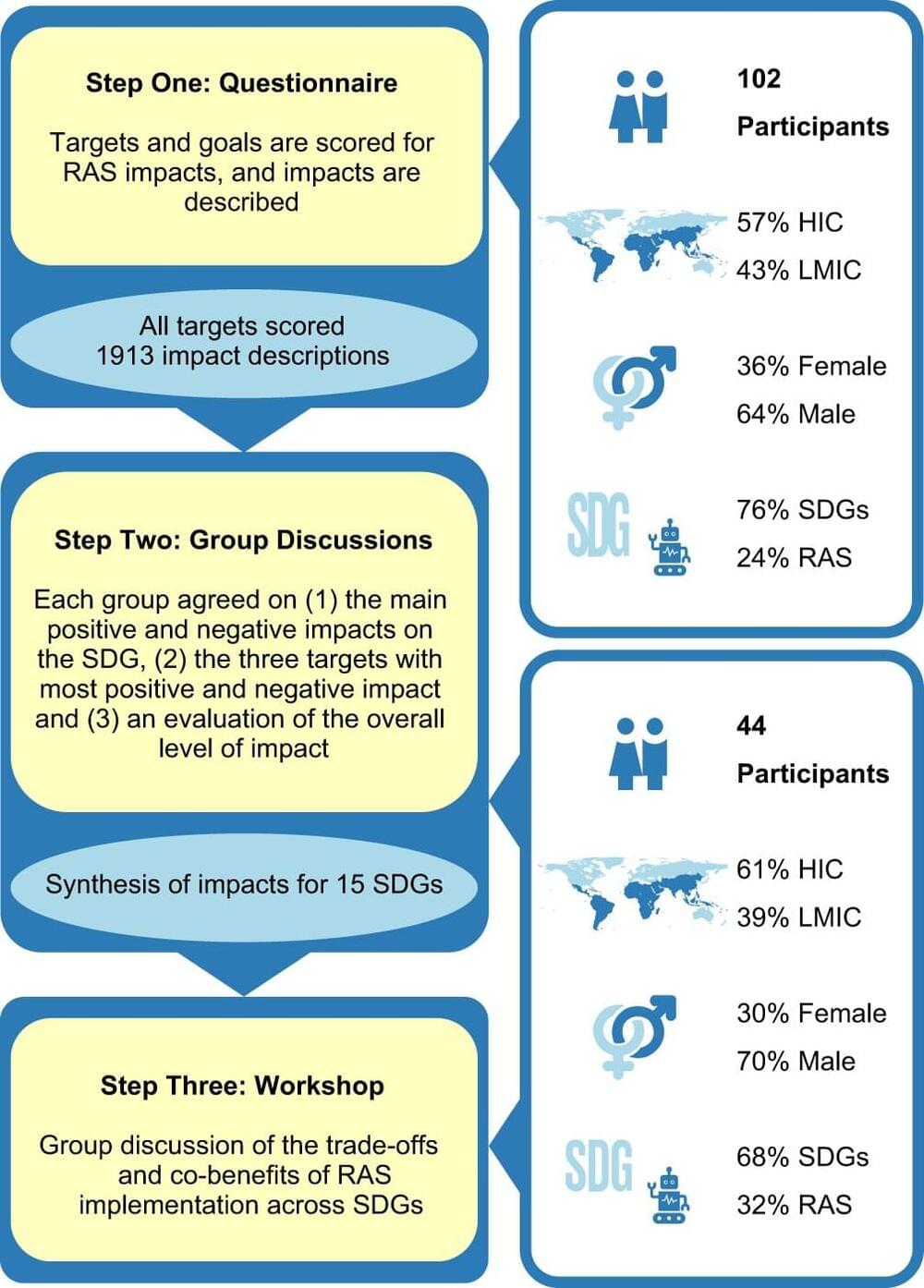So how should companies begin to think about ethical data management? What measures can they put in place to ensure that they are using consumer, patient, HR, facilities, and other forms of data appropriately across the value chain—from collection to analytics to insights?
We began to explore these questions by speaking with about a dozen global business leaders and data ethics experts. Through these conversations, we learned about some common data management traps that leaders and organizations can fall into, despite their best intentions. These traps include thinking that data ethics does not apply to your organization, that legal and compliance have data ethics covered, and that data scientists have all the answers—to say nothing of chasing short-term ROI at all costs and looking only at the data rather than their sources.
In this article, we explore these traps and suggest some potential ways to avoid them, such as adopting new standards for data management, rethinking governance models, and collaborating across disciplines and organizations. This list of potential challenges and remedies is not exhaustive; our research base was relatively small, and leaders could face many other obstacles, beyond our discussion here, to the ethical use of data. But what’s clear from our research is that data ethics needs both more and sustained attention from all members of the C-suite, including the CEO.





